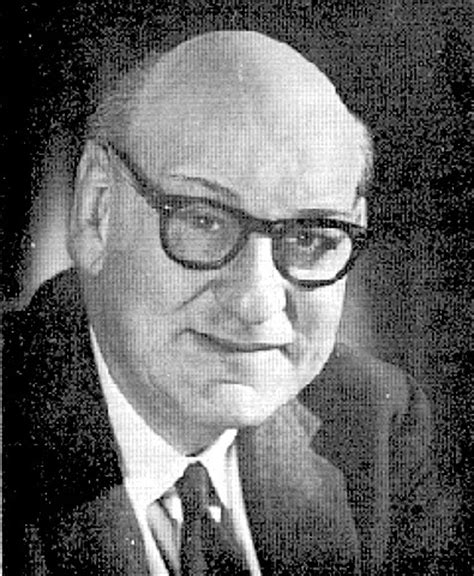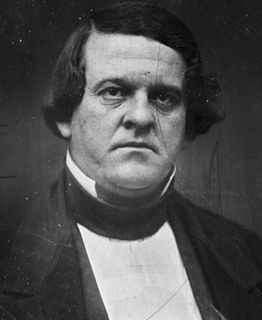A Quote by Ralph Waldo Emerson
We do what we can, and then make a theory to prove our performance the best.
Related Quotes
Opponents say natural selection is not a theory supported by observation or experiment; that it is not based on fact; and that it cannot be proved. Well, no, you cannot prove the theory to people who won't believe in it any more than you can prove that the Battle of Hastings took place in 1066. However, we know the battle happened then, just as we know the course of evolution on earth unambiguously shows that Darwin was right.
It's interesting because the way J.J. cuts - we're very close with our editors as well, so it's kind of the first cut and then he went back and started tightening things up, etc, then loosing things when it was too tight. Then you start watching it and you start figuring out performance - not performance, character-wise I should say, who you're really able to follow, whose journey is harder to follow, and you make all that work.
[Donald] Trump and all the Republicans believe in the theory of trickle down economics which is a theory discredited even by the author himself David Stockton. The theory suggests that if we take care of the people at the top, if we cut taxes for the wealthy, if we make sure they are doing really well, then the investments that they make in the economy and the jobs that will create, will make everything grow and it will have a trickle down effect on the rest of us.
When you look at the calculation, it's amazing that every time you try to prove or disprove time travel, you've pushed Einstein's theory to the very limits where quantum effects must dominate. That's telling us that you really need a theory of everything to resolve this question. And the only candidate is string theory.
So much depends upon our willingness to make up our minds, collectively and individually, that present levels of performance are not acceptable, either to ourselves or to the Lord. In saying that, I am not calling for flashy, temporary differences in our performance levels, but a quiet resolve to do a better job, to lengthen our stride.









































